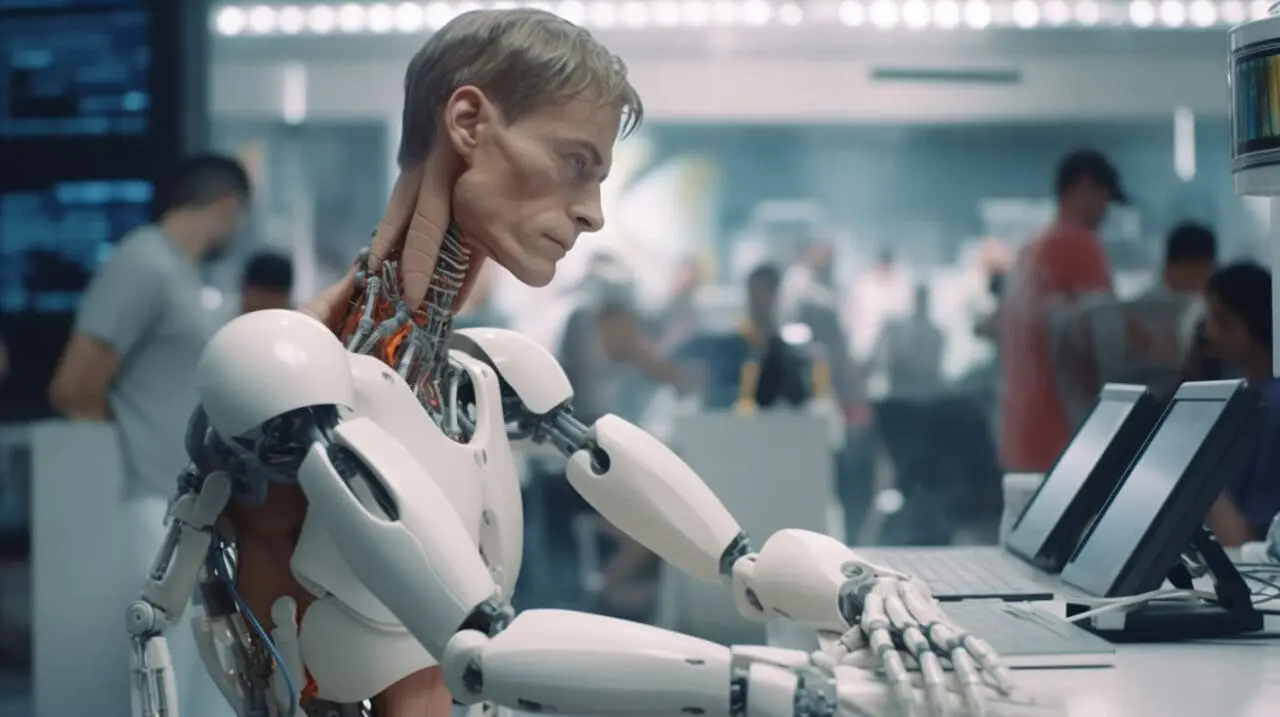

Neuralink, the neurotechnology company founded by Elon Musk, has been making headlines with its ambitious goal of merging humans and machines through brain-computer interface technology. With its recent announcement of recruiting volunteers for its first in-human clinical trial of a brain implant, they are one step closer to achieving their mission. But what does this mean for the future of humanity? And why should you consider volunteering for this groundbreaking study?
Imagine being able to control your devices without lifting a finger or communicate with others through your thoughts. This may sound like something out of a science fiction novel, but with Neuralink’s brain implant technology, this could soon become a reality. And by volunteering for their first in-human clinical trial, you have the opportunity to be a part of history and contribute to groundbreaking research that has the potential to change the world.
The concept of controlling technology with our minds has been a popular theme in science fiction for decades. But thanks to advancements in neuroscience and computer engineering, this once far-fetched idea is now becoming a reality. Neuralink’s brain implant technology is just one example of how brain-computer interface technology has evolved and continues to push the boundaries of what we once thought was possible.
One of the most promising applications of brain-computer interface technology is in assisting those with disabilities. For individuals who are unable to use their limbs or speak, a brain implant could provide them with a new way to communicate and interact with the world around them. By volunteering for Neuralink’s clinical trial, you could be helping to pave the way for a more accessible and inclusive future.
The idea of merging humans and machines raises many ethical questions. Will this technology only be available to the wealthy? Will it fundamentally change what it means to be human? These are just some of the questions that have been raised in regards to Neuralink’s brain implant. By participating in their clinical trial, you will not only be contributing to scientific advancement but also helping to address these important ethical concerns.
Apart from assisting those with disabilities, there is potential for Neuralink’s brain implant to enhance human abilities and push the boundaries of what we are capable of. Imagine being able to access information directly through your thoughts or even control objects with your mind. These are just some of the possibilities that could become a reality with this technology.
As with any new technology, there is always a fear of the unknown. But by participating in Neuralink’s clinical trial, you are not only contributing to scientific progress but also helping to shape the future. The success of this brain implant could have a profound impact on society and it is important for individuals to be informed and prepared for this potential future.
For those who are unable or choose not to participate in Neuralink’s clinical trial, there are still ways to support their mission. Volunteering for the company, spreading awareness about their research, and advocating for ethical and accessible use of this technology are all ways to make a difference. By joining the movement, you can help to ensure that the potential benefits of this brain implant are realized while addressing any concerns or challenges that may arise.
The concept of transhumanism, or the enhancement of human capabilities through technology, has long been a topic of debate. With Neuralink’s brain implant, this idea is inching closer to becoming a reality. However, as we continue to push the boundaries of human potential, it is important to also consider the limitations and ethical implications that may come with it. By participating in their clinical trial, you can play a part in shaping this future and ensuring that it is one that benefits all of humanity.


